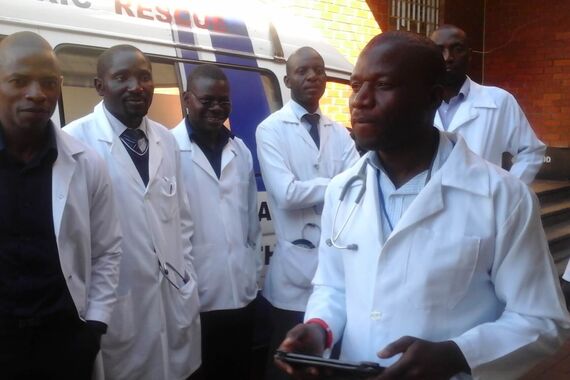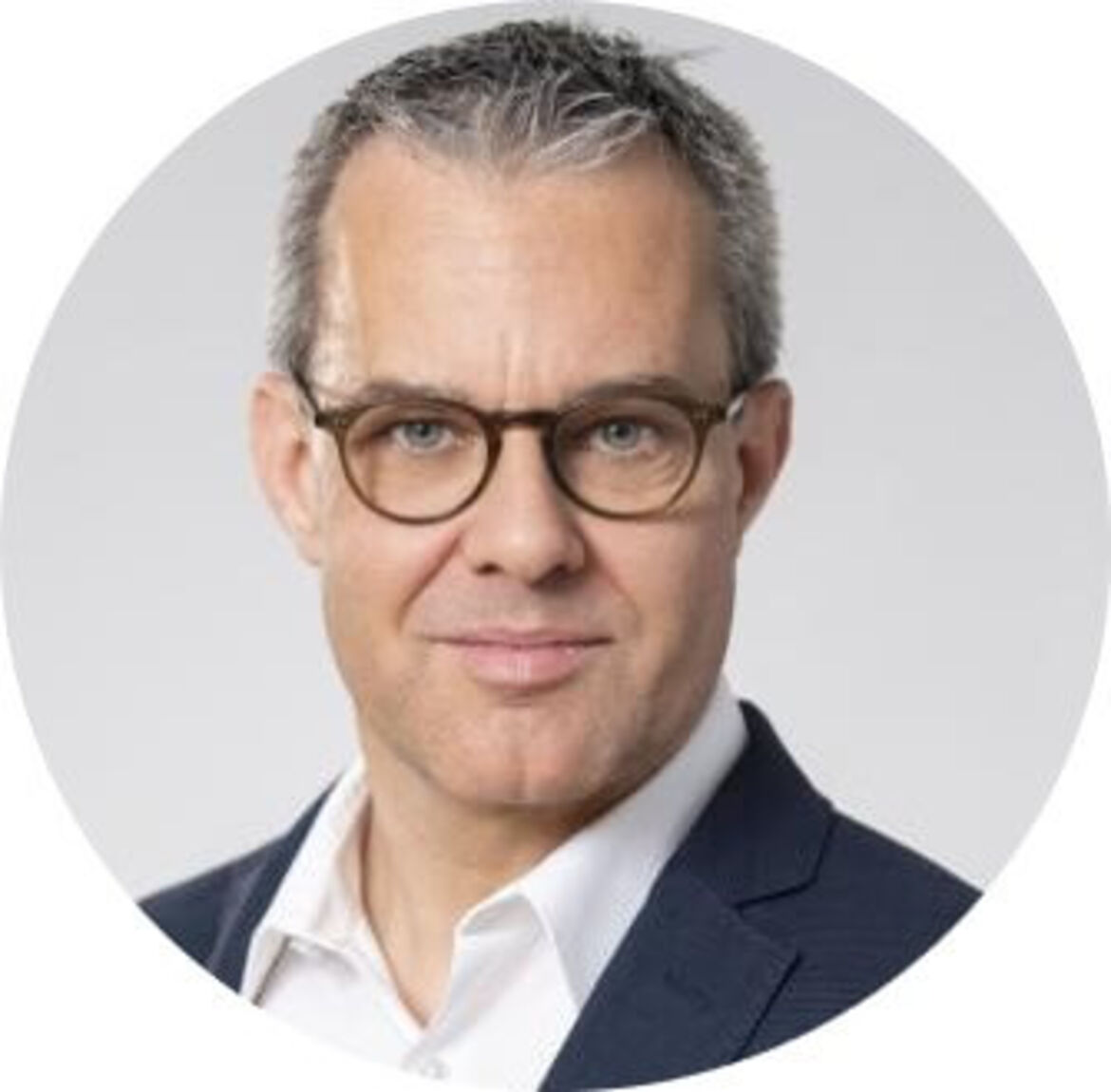About Us
Our Directorate, Our Teams, Our Work, and Our History
Directorate
Prof. Dr. Dr. med. Till Bärnighausen
Alexander von Humboldt University Professor & Director of Heidelberg Institute of Global Health
Till Bärnighausen is a population health researcher who focuses on three areas of research: (i) establishing the causal impacts of large-scale global health interventions – such as HIV treatment, HIV prevention, and childhood vaccination – on health, economic and social outcomes; (ii) identifying and testing innovations to improve the delivery of global health interventions through public-sector health systems, and (iii) developing new methods for applied population-based health research.
He has published more than 300 peer-reviewed articles, including in Science, PNAS, Lancet, and PLOS Medicine. His work has been cited more than 17,000 times; his h-index is 63 and his i10-index is 205.
Contact Information
Secretariat Prof. Dr. Dr. med. Till Bärnighausen
Napawan Schulze
Im Neuenheimer Feld 130.3
Marsilius Arkaden - 6. Stock
69120 Heidelberg
E-Mail: napawan.schulze(at)uni-heidelberg.de
Phone: +49 (0)6221 56-5344
Fax: +49 (0)6221 56-5948
Personal- und Projektmanagement
Angela Häfner-Faller
Im Neuenheimer Feld 130.3
Marsilius Arkaden - 6. Stock
69120 Heidelberg
E-Mail: angela.haefner-faller(at)uni-heidelberg.de
Phone: +49 (0) 6221 56-5040
Fax: +49 (0)6221 56-5948
Former Heads
Prof. Dr. Dr. Rainer Sauerborn
Head from 1997 - 2016
Visiting Professor for "Climate change and Health" at the Harvard Chan School of Public Health
Senior Research Professor (as of 09/2016)
Im Neuenheimer Feld 130.3
69120 Heidelberg
Phone: +49 (0) 6221 56-5038
Fax: +49 (0) 6221 56-5948
rainer.sauerborn(at)urz.uni-heidelberg.de
Prof. Dr. Hans-Jochen Diesfeld
Head from 1962 - 1996
Current job opportunities
More information about current job opportunities at the Heidelberg Institute of Global Health can be found here.
History

The Heidelberg Institute of Global Health has existed for the past six decades. It was founded in 1962 by Helmut Jusatz as the health wing of the South Asia Institute of Heidelberg University to focus on medical geography.
Hans Jochen Diesfeld succeeded Jusatz in 1978. Following his expertise in tropical medicine and a passion for public health in low- and middle-income countries, the institute was renamed as Department of Tropical Hygiene and Public Health. Under his leadership, the first non-consecutive Master of Science in a medical field in Germany was established in 1990. Though there have been several improvements and additions, it still offers postgraduate training to date.
A large federally funded research focus on tropical medicine brought the natural (biochemistry, molecular biology) and clinical (paediatrics) sciences of the university, clinicians and public health specialists together and paved the foundation of a long-term interdisciplinary cooperation around the topic of tropical medicine and public health in Heidelberg, with the institute as the hub. This grant offered two chair opportunities in parasitology, and tropical hygiene and public health with two young research groups.
Prof. Dr. Rainer Sauerborn was hired in 1997 from Harvard University as a successor to Diesfeld. Shortly into his leadership, the institute was awarded a Special Research Center (SFB): Control of Tropical Infectious Diseases funded by the German Research Foundation (DFG). It was in a way an extension and intensification of the previous research focus. The research groups included were the European Molecular Biology Lab (EMBL) and the German Cancer Research Center (DKFZ), both situated in Heidelberg. The SFB was concluded in 2011 after three successful three-year evaluations.
In 2002, Heiko Becher, an epidemiologist and deputy of the institute set up a doctoral school in epidemiology with the institute as the hub of a university-wide cooperation which included also the German Cancer Research Center. Later, Prof. Dr. Rainer Sauerborn established an international doctoral school together with the Karolinska Institute (Stockholm) and Umeå University in Sweden to offer an international PhD programme in global health.
In 2016, Prof. Dr. Dr. med. Till Bärnighausen became the new Director of the institute. As a Humboldt Professor, he developed the former Heidelberg Institute for Public Health into a research facility for global health - the first of its kind in Germany. Prof. Dr. Dr. med. Till Bärnighausen is primarily concerned with the evaluation of health intervention and treatment programs.In August 2018, the institute name was changed from Heidelberg Institute of Public Health to Heidelberg Institute of Global Health (HIGH).





